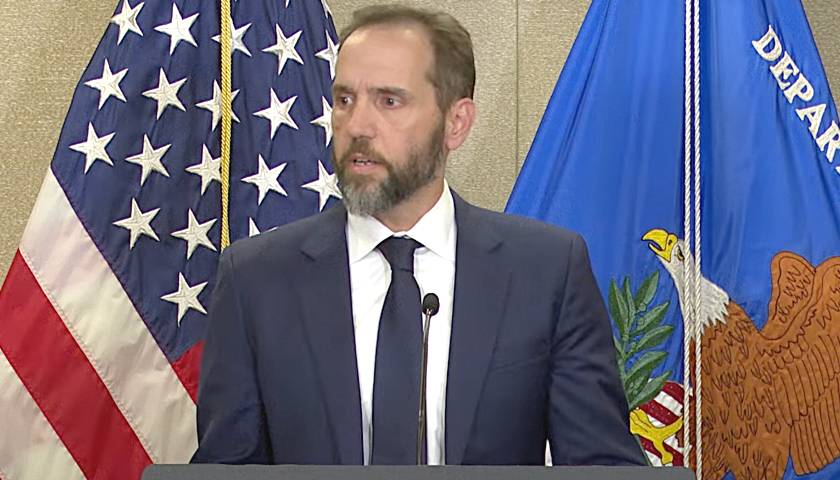by Madeleine Hubbard
The Presidential Records Act “should not play any role at trial at all,” prosecutors said.
Special counsel Jack Smith criticized the federal judge overseeing former President Donald Trump’s classified documents trial as relying on a “fundamentally flawed legal premise” that “would distort the trial,” when she ordered both parties to submit jury instructions.
Smith’s sharp response Tuesday comes after Florida-based U.S. District Court Judge Aileen Canon last month asked attorneys to submit instructions based on two scenarios. In the first one, the jury would consider whether records Trump allegedly possesses are personal or presidential under the Presidential Records Act. The second scenario, Canon wrote, would assume that “the Presidential Records Act gives the president the sole authority to categorize records as personal or presidential during their time in office,” which would make the case significantly more difficult to prosecute.
While Trump’s attorneys approved of Canon’s proposal, Smith’s office argued that since Trump is being charged under the Espionage Act, which bans national difference documents from being willfully retained, the distinction between personal and presidential records should not apply.
The Presidential Records Act “should not play any role at trial at all,” prosecutors said.
Trump has relied on the law in his defense.
“Both of the Court’s scenarios are fundamentally flawed and any jury instructions that reflect those scenarios would be error,” Smith’s office also wrote.
Despite their disagreement, prosecutors still proposed jury instructions for both scenarios and included the definitions used in the Presidential Records Act.
– – –
Follow Madeleine Hubbard on X or Instagram.
Image “Special Counsel Jack Smith” by The Justice Department.



